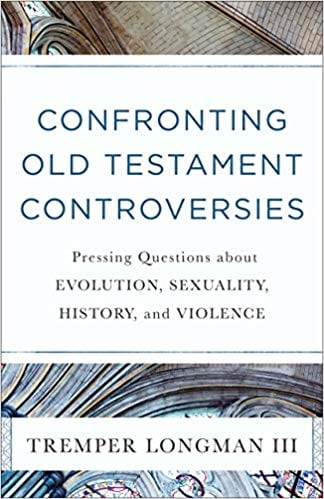Q. In discussing Gen. 1-11 you choose the label theological history, by which, I take it, you do not mean theologized history (i.e. mundane history without divine involvement given a theological interpretation), nor do you mean historicized theology (by which is meant that basically the material is theology, perhaps with a historical veneer). Explain what you mean by theological history.
A. The label theological history does not intend to undermine the idea that a narrative describes events that happen in space and time in the past. It simply emphasizes that the purpose of this history is now to focus on God and his involvement with his people in that past. In that sense it is theological history, not economic history or military history, etc. Indeed not only Genesis 1-11 but Genesis 1 through the end of Esther I would count as theological history. The difference that I see between Genesis 1-11 and Genesis 12 and following is that the latter presents the history using figurative language. God did create everything including humanity though Genesis 1 describes that creation figuratively by using a regular work week as analogy for God’s creation. These aren’t twenty-four hour days as has been recognized by many since the early church. After all, how can you have a 24 hour day including evening and morning without a sun, moon, and stars that aren’t created until the fourth day. All young earth creationists’ attempts to explain how you can have a twenty-four hour day without sun, moon, and stars are utterly unconvincing.












